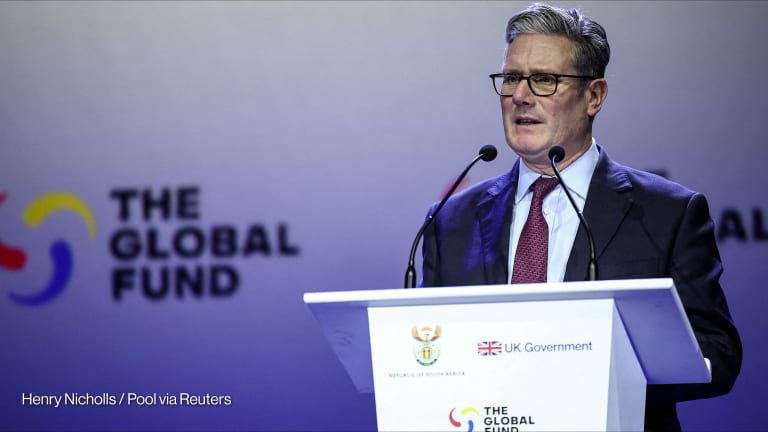The Global Fund to Fight AIDS, Tuberculosis and Malaria hit its funding goal at the fifth replenishment conference in Montreal, Canada, on Sept 16-17. But advocates warn that those funds may still fall short of what’s needed to reach the most vulnerable communities.
The reasons include persistent human rights challenges and access to affordable drugs — both of which require new financing and better policy, advocates said.
Speakers called for global health organizations to intensify their efforts with marginalized groups and key populations such as LGBT, sex workers and drug users. “In order for us to end these epidemics, we have to respond as human beings to not only accept, but to embrace the dignity and worth of every human life, no matter who they are or where they are,” said Global Fund’s Executive Director Mark Dybul.
Search for articles
Most Read
- 1
- 2
- 3
- 4
- 5








